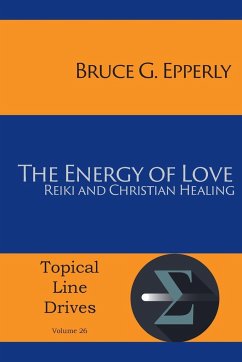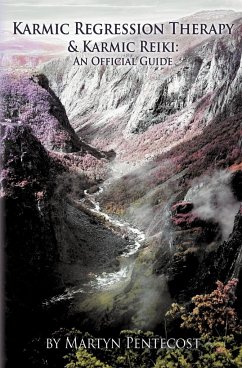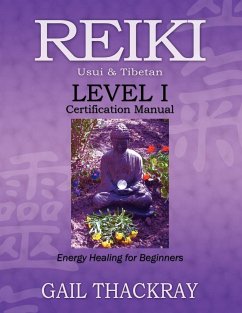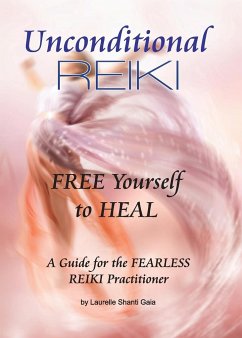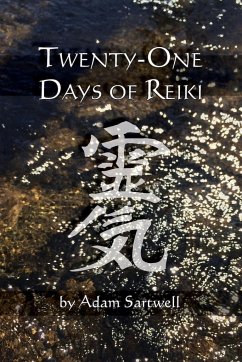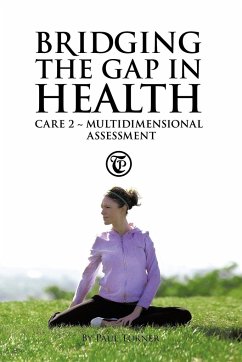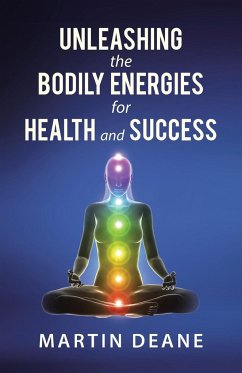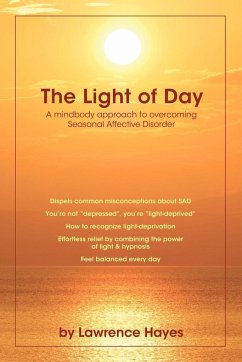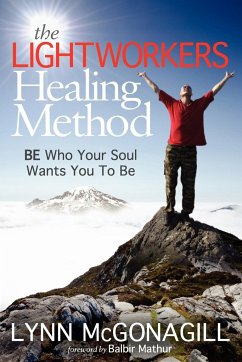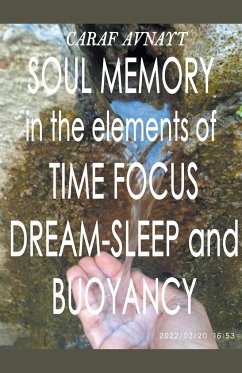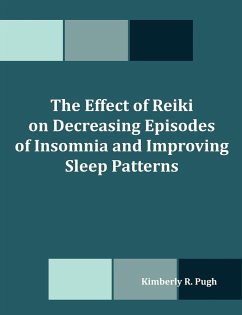
The Effect of Reiki on Decreasing Episodes of Insomnia and Improving Sleep Patterns
Versandkostenfrei!
Versandfertig in 1-2 Wochen
23,99 €
inkl. MwSt.

PAYBACK Punkte
12 °P sammeln!
The complementary and alternative (CAM) health movement is a burgeoning phenomenon in contemporary American culture. Types of healing alternatives to conventional medicine became increasingly popular in the latter quarter of the 20th century and some physicians, hospitals, and government entities have began to acknowledge the fields with validity. While alternatives to conventional medicine have always existed, contemporary interest in CAM may trigger an interest in unconventional forms of energy healing such as Reiki. The purpose of this research study was to investigate if Reiki could reduce...
The complementary and alternative (CAM) health movement is a burgeoning phenomenon in contemporary American culture. Types of healing alternatives to conventional medicine became increasingly popular in the latter quarter of the 20th century and some physicians, hospitals, and government entities have began to acknowledge the fields with validity. While alternatives to conventional medicine have always existed, contemporary interest in CAM may trigger an interest in unconventional forms of energy healing such as Reiki. The purpose of this research study was to investigate if Reiki could reduce episodes of insomnia and improve sleep patterns. Due to the fact that there is a paucity of research on Reiki's effectiveness as an insomnia treatment method, a research study consisting of 15 volunteer subjects (10 females and 5 males at least 21 years old) who suffered from having difficulty falling asleep, difficulty staying asleep, and/or poor quality of sleep. The subjects learned and practiced Reiki techniques for self-healing. To measure the subjects' experiences and responses to Reiki, each subject completed a pre-Reiki and post-Reiki "Beliefs and Attitudes about Sleep" questionnaire, a "Sleep Hygiene Analysis" questionnaire, and a "Stress and Anxiety" questionnaire. In addition, the subjects underwent pre and post Reiki interviews and vital signs assessments. The results of this study indicate that Reiki is a beneficial therapy regimen for sleep disturbance because it decreases episodes of insomnia and improves sleep patterns. Reiki also promotes physical/mental calmness due to a healthy, stable parasympathetic nervous system, and Reiki is an alternative technique to decrease episodes insomnia without the use of pharmaceuticals.



